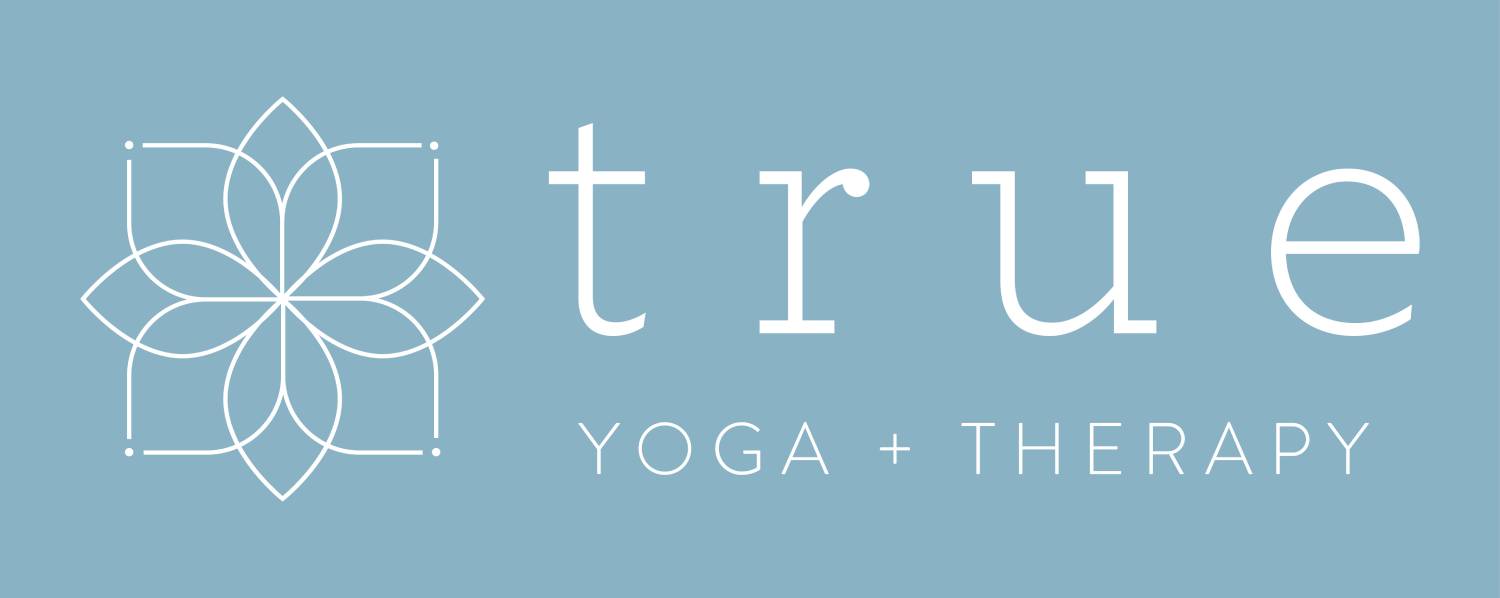We’ve all felt the impact of a sleepless night: the sluggishness, confusion and difficulty focusing the next day. However, when poor sleep becomes a regular occurrence, it can significantly influence our mental and physical health. This is where therapy comes into play. Utilizing therapy can lead to substantial improvements in sleep quality and habits, fostering a healthier life.
Sleep issues often intertwine with mental health. Stress, anxiety and depression can wreak havoc on our sleep patterns. Consequently, insomnia or disturbed sleep can exacerbate these mental health issues, leading to a vicious cycle. Therapy, particularly Cognitive Behavioral Therapy (CBT), has proven effective in breaking this cycle and instilling healthier sleep habits.
CBT is a type of psychotherapy that helps individuals understand and alter thought patterns leading to harmful behaviors or distressing feelings. When adapted for sleep disorders (CBT-I), it addresses negative thoughts and anxieties around sleep, thus facilitating improved sleep patterns and quality. CBT-I is recognized by the American Academy of Sleep Medicine as a first-line treatment for insomnia, showcasing its credibility and effectiveness.
A key element of CBT-I is sleep hygiene education. This involves understanding and modifying behaviors impacting sleep, like caffeine and alcohol consumption, screen time before bed and irregular sleep schedules. By fostering better sleep hygiene habits, you can create an environment conducive to quality sleep.
Another core component of CBT-I is stimulus control therapy, which trains your mind to associate your bed with sleep rather than wakefulness. This means using your bed only for sleep and intimacy, and if you can’t sleep, leaving the room until you feel sleepy again. Over time, this helps reinforce the bed-sleep connection, enhancing sleep efficiency.
Moreover, therapy can equip you with relaxation techniques and mindfulness exercises to mitigate stress and anxiety before bedtime. Progressive muscle relaxation, deep breathing and guided imagery can help quiet the mind, preparing it for sleep.
Lastly, therapists can introduce sleep restriction therapy, a method that initially reduces the amount of time spent in bed to the actual sleep time, thereby increasing sleep efficiency. Gradually, sleep time is increased until you achieve a satisfactory sleep duration.
While therapy might seem a daunting endeavor for some, the reality is that its benefits reach far beyond improved sleep. It can significantly enhance your overall mental wellbeing and provide you with tools to navigate life’s challenges more effectively. As always, it’s important to consult with a healthcare professional when considering therapy.
Improving sleep quality and habits through therapy isn’t an overnight process – it requires time, patience and dedication. However, the potential rewards are immeasurable, from increased energy and focus to improved mental health and overall wellbeing. Remember, sleep isn’t merely a luxury – it’s a necessity for a healthy, fulfilling life.
Let True Yoga Therapy guide you towards better sleep, and by extension, a better life. You might just find that the stars shine brighter when you’ve had a good night’s sleep.

